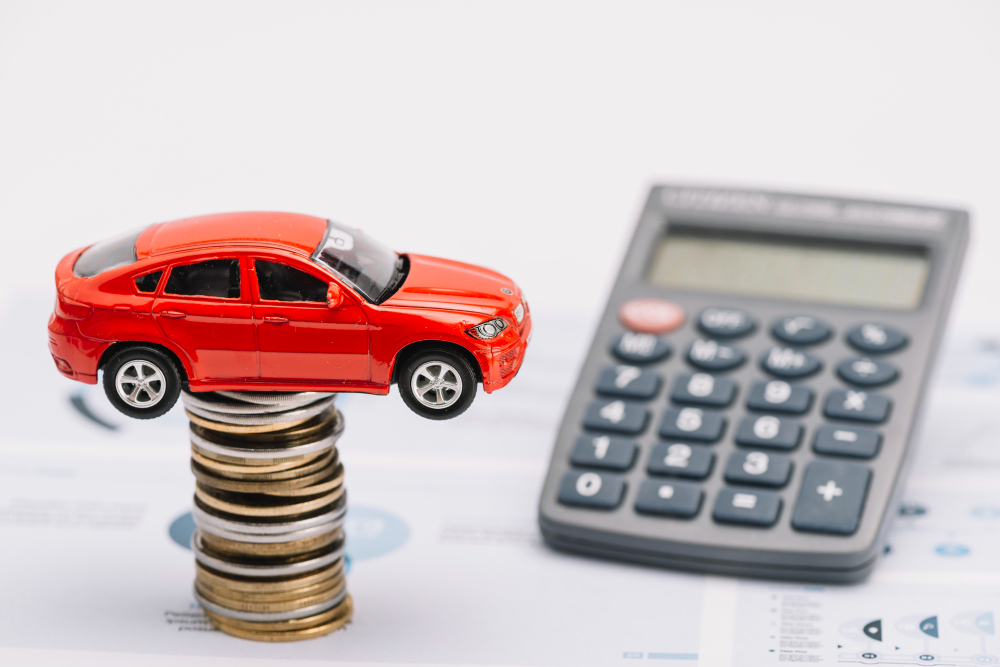Hitting the open road in India is a liberating experience. Whether you’re cruising through bustling cityscapes or navigating scenic highways, a car offers freedom and convenience. But with that freedom comes responsibility. In India, as with most countries, having proper car insurance is mandatory by law. However, the mandated Third-Party (TP) Liability insurance only offers basic coverage. To ensure comprehensive protection for yourself, your vehicle, and others on the road, consider additional car insurance policies.
This blog post delves into the seven essential car insurance policies every driver in India should possess. We’ll explain their coverage details, benefits, and why they’re crucial for a secure and stress-free driving experience. By the end, you’ll be well-equipped to make informed decisions when choosing your car insurance plan.
The Importance of Car Insurance in India
Indian roads are known for their vibrancy, but they can also be unpredictable. Traffic congestion, uneven road conditions, and diverse driving styles can increase the risk of accidents. Even the most cautious driver can find themselves in an unforeseen situation. This is where car insurance comes in.
Car insurance acts as a financial safety net, safeguarding you from the hefty costs associated with accidents. It covers expenses related to:
- Third-party liabilities: This is mandated by law and covers any injuries or property damage caused to a third party (people or vehicles) in an accident you’re responsible for.
- Own damage: This covers repairs or replacements to your car if it’s damaged due to an accident, theft, fire, natural disasters, or even riots.
- Personal injuries: Medical expenses incurred by you or your passengers due to an accident are covered under Personal Accident (PA) benefits offered by some policies.
7 Must-Have Car Insurance Policies in India
Third-Party (TP) Liability Insurance:
As mentioned earlier, TP Liability insurance is mandatory in India. It covers any bodily injury or property damage caused to a third party in an accident where you’re at fault. The minimum mandated coverage amount is subject to change, so it’s advisable to check with your insurer for the latest mandated limit.
Why it’s important: Even a minor accident can lead to significant financial burden for the third party. TP insurance ensures they receive compensation for medical bills, vehicle repairs, or property damage, protecting you from legal repercussions.
Own Damage (OD) Insurance:
While TP insurance covers third-party liabilities, it doesn’t protect your own vehicle. This is where Own Damage (OD) insurance steps in. It covers the repair or replacement costs of your car if it’s damaged due to various reasons, including:
- Accidents (even if you’re at fault)
- Theft
- Fire
- Natural calamities (floods, earthquakes, etc.)
- Riots and strikes
- Terrorist activities
Why it’s important: In today’s world, cars are significant investments. OD insurance safeguards you from the financial burden of repairing or replacing your vehicle in case of unforeseen events.
Personal Accident (PA) Cover:
Accidents can cause severe injuries to you and your passengers. Medical bills associated with such injuries can be substantial. PA cover provides financial assistance for medical expenses incurred due to accidents, irrespective of fault. The coverage amount varies depending on the policy you choose.
Why it’s important: Medical bills can quickly drain your finances. PA cover ensures you and your passengers receive proper medical care without worrying about the cost.
Driver and Passenger Cover (Mandatory for OD + PA):
This add-on extends the benefits of PA cover to the driver and passengers of your vehicle. It provides financial compensation for injuries or death sustained in an accident, irrespective of fault.
Why it’s important: This offers additional financial security for yourself and the people traveling with you.
Anti-Theft Cover:
Car theft is a major concern in India. Anti-theft cover, typically an add-on to your comprehensive car insurance policy, provides financial compensation in case your car is stolen. The coverage amount is usually the Insured Declared Value (IDV) of your car.
Why it’s important: Losing your car to theft can be a devastating experience. Anti-theft cover helps mitigate the financial loss associated with such an event.
Engine and Gearbox Protection Cover:
Modern car engines and gearboxes are complex and expensive to repair. This add-on covers the repair or replacement costs of these vital components if they’re damaged due to internal malfunctions or lubricant leakage.
Why it’s important: Engine and gearbox repairs can be extremely expensive. This add-on ensures you’re financially protected against unexpected breakdowns related to these critical parts of your vehicle.
Zero Depreciation Cover:
In a standard car insurance policy, depreciation (reduction in the car’s value over time) is deducted from the claim amount during repairs. Zero depreciation cover eliminates this deduction, ensuring you receive the full Insured Declared Value (IDV) for repairs in case of a claim.
Why it’s important: Especially for newer cars, depreciation can significantly reduce the claim amount. Zero depreciation cover ensures you get the complete repair cost without any deductions.
Additional Considerations
- IDV (Insured Declared Value): This represents the market value of your car at the time of insurance. Choosing the right IDV is crucial. A lower IDV reduces your premium but also decreases the claim amount.
- Add-on Covers: We’ve discussed several beneficial add-on covers. Consider your specific needs and budget when choosing these add-ons.
- Claim Settlement Ratio (CSR): This ratio indicates the percentage of claims settled by the insurance company. Opt for companies with a high CSR for faster and smoother claim processing.
- Cashless Network Garages: Many insurance companies have tie-ups with network garages where repairs are cashless. This eliminates the need for upfront payment during repairs.
- Compare and Choose: Don’t settle for the first offer you receive. Compare quotes from different insurance companies to find the one that offers the best coverage at a competitive price.
Conclusion
Having the right car insurance plan is an essential part of responsible car ownership in India. By understanding the different types of car insurance policies available and their benefits, you can make informed decisions to ensure comprehensive protection for yourself, your vehicle, and others on the road. Remember, a few extra rupees spent on the right insurance plan can save you a significant amount of money in the event of an unforeseen event.


















